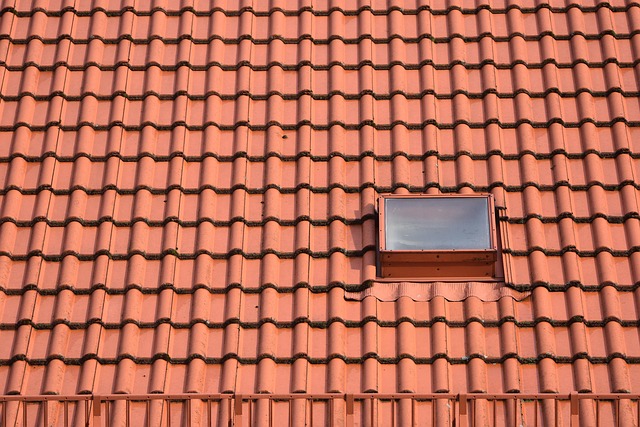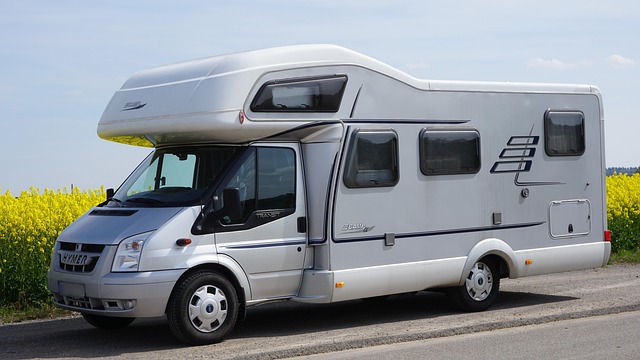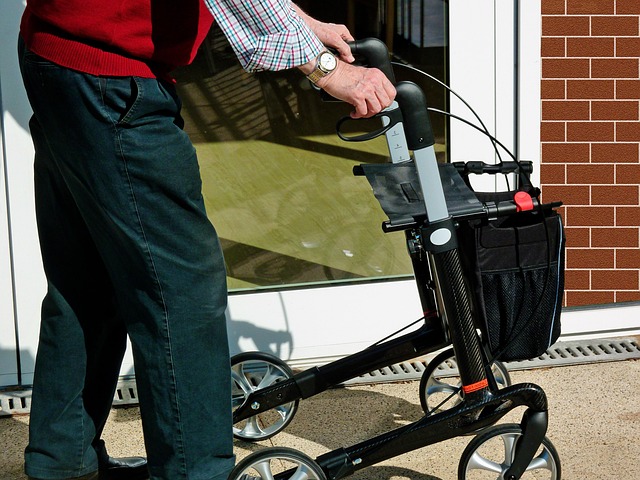Stone Coated Roofing Explained
Stone coated roofing is a type of metal roofing product that is coated with stone chips and attached using an acrylic film. It is used in residential and commercial construction and is manufactured in various styles to resemble traditional roofing materials such as tile or shingles.

What exactly is stone coated roofing?
Stone coated roofing is a type of metal roofing product that features a layer of stone chips adhered to the surface using an acrylic film. The base material is typically steel, which is coated with a metallic alloy to prevent rust and corrosion. The stone chips are then applied to this prepared surface, creating a textured finish that mimics the appearance of traditional roofing materials such as clay tiles, wood shakes, or asphalt shingles. This innovative design allows property owners to enjoy the benefits of metal roofing while maintaining the classic look of more conventional roofing styles.
How does stone coated roofing compare to traditional materials?
When compared to traditional roofing materials, stone coated roofing offers several advantages. First and foremost, it combines the durability of metal with the aesthetic appeal of more conventional options. Unlike asphalt shingles, which may need replacement every 15-20 years, stone coated metal roofs can last 50 years or more with proper maintenance. They are also more resistant to extreme weather conditions, including high winds, hail, and fire. Additionally, stone coated roofing is lighter than many traditional materials, which can reduce the structural load on a building and potentially lower installation costs.
What styles and designs are available for stone coated roofing?
Stone coated roofing is available in a wide variety of styles and designs to suit different architectural preferences. Common options include:
-
Tile profiles: These mimic the look of clay or concrete tiles, perfect for Mediterranean or Spanish-style homes.
-
Shake profiles: Designed to resemble wood shakes, ideal for rustic or traditional homes.
-
Shingle profiles: These emulate the appearance of asphalt shingles, suitable for a wide range of residential styles.
-
Slate profiles: Offering the elegant look of natural slate without the weight and cost.
Each of these profiles comes in various colors and textures, allowing homeowners to customize their roofs to complement their property’s exterior design.
What are the benefits of choosing stone coated roofing?
Stone coated roofing offers numerous benefits that make it an attractive option for both residential and commercial properties:
-
Durability: Resistant to corrosion, cracking, and fading, stone coated roofs can withstand harsh weather conditions.
-
Energy efficiency: The stone coating reflects solar radiation, helping to reduce cooling costs in warm climates.
-
Low maintenance: Unlike some traditional materials, stone coated roofing requires minimal upkeep.
-
Noise reduction: The stone chips help dampen sound from rain and hail, creating a quieter interior environment.
-
Environmentally friendly: Many stone coated roofing products are made from recycled materials and are fully recyclable at the end of their life cycle.
Are there any drawbacks to stone coated roofing?
While stone coated roofing offers many advantages, there are a few potential drawbacks to consider:
-
Initial cost: The upfront investment for stone coated roofing is typically higher than traditional asphalt shingles, although the long-term durability may offset this cost over time.
-
Installation complexity: Proper installation requires specialized skills and experience, which may limit the pool of qualified contractors.
-
Weight: Although lighter than some traditional materials, stone coated roofing is still heavier than basic metal roofing, which may require additional structural support in some cases.
-
Limited repair options: In the event of damage, repairs may be more complex and costly compared to simpler roofing systems.
How much does stone coated roofing cost compared to other options?
The cost of stone coated roofing varies depending on factors such as the specific product, roof size, and installation complexity. However, it’s generally more expensive than basic asphalt shingles but less costly than high-end materials like slate or clay tiles.
| Roofing Material | Average Cost per Square Foot (Installed) |
|---|---|
| Asphalt Shingles | $3.50 - $5.50 |
| Stone Coated Metal | $8.00 - $12.00 |
| Clay Tiles | $10.00 - $18.00 |
| Natural Slate | $15.00 - $30.00 |
Prices, rates, or cost estimates mentioned in this article are based on the latest available information but may change over time. Independent research is advised before making financial decisions.
While the initial investment for stone coated roofing is higher than some alternatives, many homeowners find that the long-term benefits, including durability and reduced maintenance costs, make it a cost-effective choice over the life of the roof. Additionally, the energy-saving properties of stone coated roofing can contribute to lower utility bills, further offsetting the initial expense.
In conclusion, stone coated roofing presents a compelling option for property owners seeking a durable, attractive, and long-lasting roofing solution. By combining the strength of metal with the aesthetic versatility of stone chips, this innovative material offers the best of both worlds. While it may require a higher upfront investment, the numerous benefits and potential long-term savings make stone coated roofing a worthy consideration for those looking to protect and enhance their properties for decades to come.




